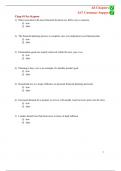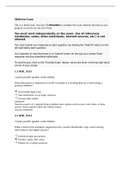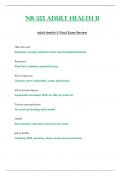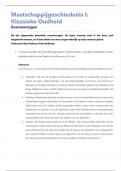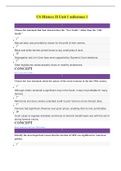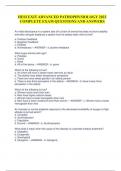Tentamen (uitwerkingen)
Test Bank for Personal Finance, 9th Canadian Edition by Jack R. Kapoor
- Vak
- Instelling
Test Bank for Personal Finance 9ce 9th Canadian Edition by Jack R. Kapoor, Les R. Dlabay, Robert J. Hughes, Lewis Stevenson, Ernest J. Kerst. Full Chapters test bank are included with answers - Chapter 1 to 15 Part 1 PLANNING YOUR PERSONAL FINANCES Chapter 1 Personal Financial Planning: An Intr...
[Meer zien]
